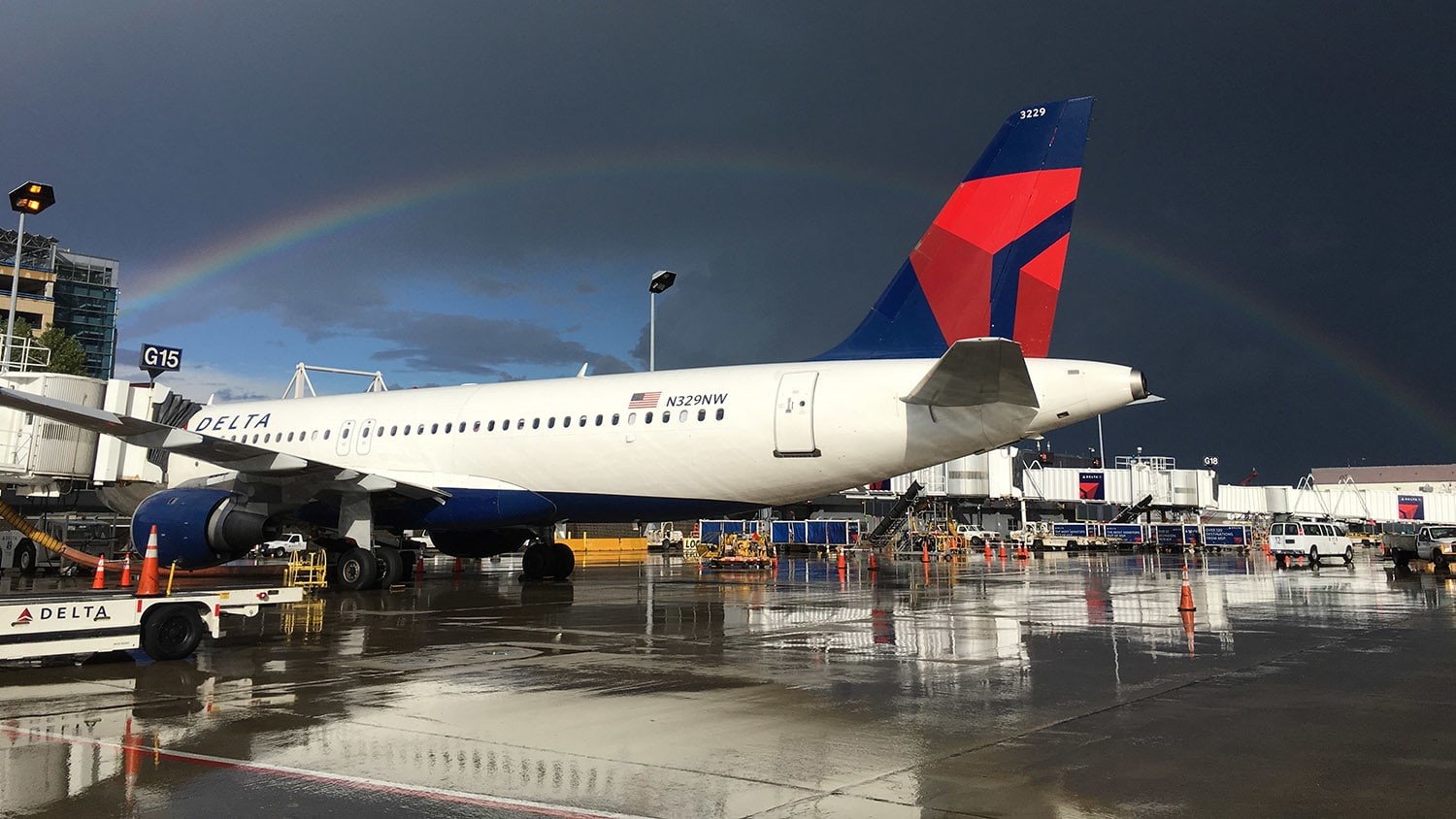
Delta Air Lines Joins NC State’s IBM Q Hub
Delta, the world’s largest global airline, will be the founding industry partner to join the IBM Q Hub at NC State, as part of a multi-year quantum computing collaborative effort with IBM.
January 9, 2020 ![]() NC State News
NC State News
Delta Air Lines, the world’s largest global airline, will be the founding industry partner to join the IBM Q Hub at NC State, as part of a multi-year collaborative effort with IBM to explore the potential capabilities of quantum computing to transform experiences for customers and employees.
Last year NC State became the first university in North America to establish an IBM Q Hub as part of the global IBM Q Network, a collaboration between IBM and Fortune 500 companies, national research labs, startups and leading universities to advance quantum computing and explore practical applications for science and business. Hubs have a unique role within the network, focused on accelerating industry collaborations, learning, skills development and implementation of quantum computing.
“NC State is proud to partner with Delta to accelerate real-world applications as part of our IBM Q Hub,” said executive director Daniel Stancil. “Our quantum-trained students and researchers are excited to work with IBM and Delta to identify opportunities for development and implementation.”
Through NC State’s IBM Q Hub, Delta will have access to the world’s largest fleet of quantum computing systems for commercial use cases and fundamental research, including the recently-announced 53-qubit quantum computer, which is the single largest universal quantum system made available for external access in the industry to date.
“Partnering with innovative companies like IBM is one way Delta stays on the leading edge of tech so we can best determine how it can be used to better serve our customs and our people, while drawing the blueprints for application across our industry,” said Rahul Samant, Delta’s CIO. “We’ve done this most recently with biometrics in our international terminals and we’re excited to explore how quantum computing can be applied to address challenges across the day of travel.”
Delta’s CEO Ed Bastian delivered the CES 2020 opening keynote address that focused on how Delta is transforming travel into a part of the journey to look forward. The airline is using technology to extend the warmth of its people to non-traditional airline touchpoints and delivering innovative experience that reduce stress across the day of travel.
As part of the agreement, Delta will work with NC State and IBM researchers to create innovations that will inform the airline’s future technology strategy, while solving existing business and operational challenges. The partnership will also allow IBM to better understand real-world business challenges to help speed the commercialization of research.
“We are very excited by the addition of the world’s largest airline to our list of collaborators working with us on building practical quantum computing applications,” said Director of IBM Research Dario Gil. “IBM’s focus, since we put the very first quantum computer on the cloud in 2016, has been to move quantum computing beyond isolated lab experiments conducted by a handful of organizations, into the hands of tens of thousands of users. We believe a clear advantage will be awarded to early adopters in the era of quantum computing and with partners like Delta, we’re already making significant progress on that mission.”
“Delta joins more than 100 clients already experimenting with commercial quantum computing solutions alongside classical computers from IBM to tackle problems like risk analytics and options pricing, advanced battery materials and structures, manufacturing optimization, fraud detection, chemical research, logistics and more,” said Jamie Thomas, General Manager, Strategy and Development for IBM Systems. “As the first airline to join the IBM Q network, I’m looking forward to exploring how we can work together to solve real business challenges in a new industry alongside our Hub members at NC State.”
Original article from NC State News
